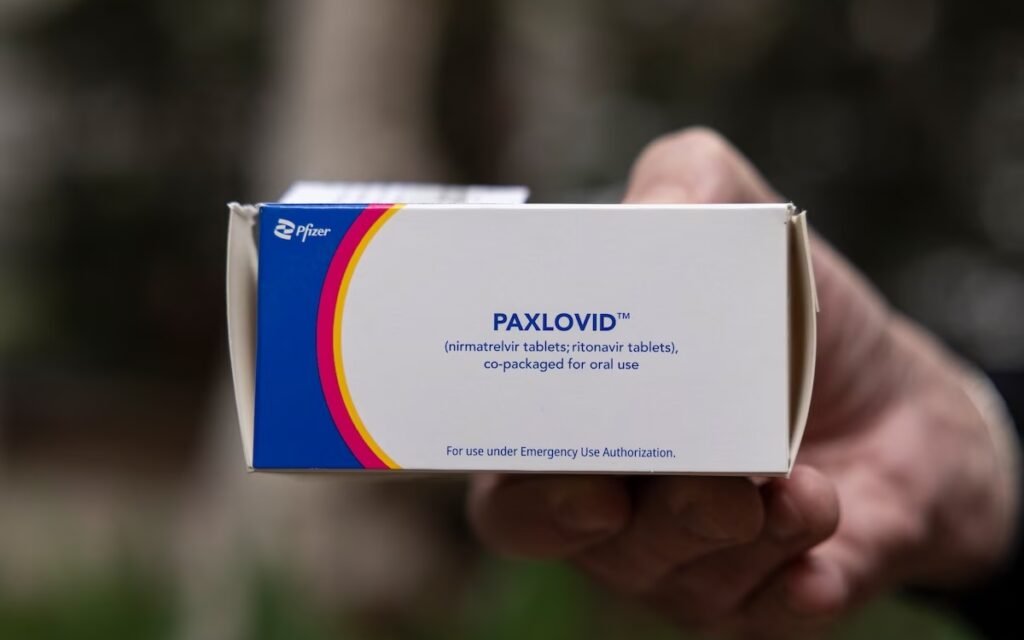Following Pfizer’s announcement to increase the cost of its COVID-19 treatment drug, Paxlovid, for the next year, the AIDS Healthcare Foundation (AHF) has voiced strong criticism, accusing the pharmaceutical giant of causing unnecessary “patient suffering.”
The California-based advocacy group, known for its vocal stance against pharmaceutical companies, including Gilead, has now turned its attention to Pfizer. The New York-based pharmaceutical company is currently grappling with a notable decline in its COVID-19 revenue, prompting cost-cutting measures throughout the organization.
Earlier this month, Pfizer revealed its plan to raise the price of its antiviral treatment, Paxlovid, to $1,390 for a five-day course, effective from January when the drug will be available for commercial purchase. It’s worth noting that under the original government contract, Paxlovid cost the US government only $530 per course, and it was provided to US citizens for free.
Also Read: Pfizer Reduces Revenue Projection By $9 Billion Due To Declining COVID Sales, Prepares For Substantial Cost Reductions
AHF President Michael Weinstein expressed strong condemnation, stating, “This is yet another example of rampant drug profiteering off the backs of sick people by Big Pharma. The same drug, with the same efficacy, will suddenly cost nearly three times as much when it reaches the commercial market. Why? So that Pfizer can squeeze as much money out of health plans and the pockets of the uninsured as possible for its shareholders and executives. Greedy Pfizer is in good company – Gilead charges $3,429 for its five-day COVID-19 treatment. We must prioritize public health and equity over corporate profits. Putting profits before people’s lives and health is not only immoral, it leaves the entire world in danger of another pandemic disaster.”
It’s important to note that despite Pfizer’s decision to increase the price of Paxlovid, there is a notable decline in demand for the drug. In fact, the US government is set to return around 7.9 million treatment courses to the company in a “non-cash transaction,” as Pfizer announced in October. In exchange for this, the US will receive credit for future updated versions of Paxlovid, which will be provided at no cost to Medicare and Medicaid patients and to the uninsured through an assistance program. This strategic move by Pfizer aims to ensure broader access to the treatment, especially for those in need.





























